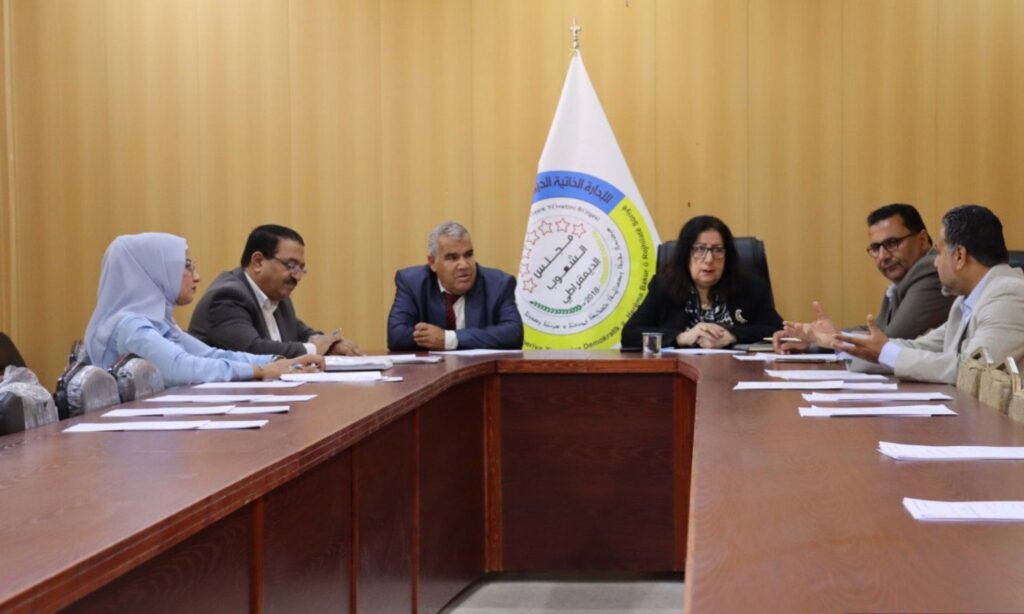The Autonomous Administration of North and East Syria (AANES) has issued a general amnesty for prisoners in its controlled areas on the occasion of Eid al-Fitr.
The decision of the Administration Administration, as reported by Hawar news agency, which is close to it, came during a meeting of its components in Raqqa province today, Saturday, April 6.
During the session, the Democratic Peoples’ Council voted on a general amnesty law on the occasion of Eid al-Fitr, which includes granting a “comprehensive and general amnesty” for crimes committed before today’s date.
According to what was published by AANES on its official website, the amnesty includes crimes committed before the date of its issuance, violations, misdemeanors, and felonies.
Excluded from it are “terrorism” crimes, crimes against the fundamental interests of AANES, crimes related to public funds, rape crimes, acts contrary to modesty, and sexual assault on minors.
Also excluded are drug trafficking and promotion crimes, human organ trafficking crimes, convicts who are in hiding and fugitives from justice.
The decision was issued after a meeting of AANES with the presence of the legal committee, on April 4 of the current year, with the aim of discussing the general amnesty law, in addition to the municipal law projects and municipal elections.
AANES, via its official Facebook page at the time, stated that it discussed the general amnesty law consisting of six articles, which clarifies “a comprehensive and general amnesty” for crimes committed before the date of the law’s issuance, and does not include terrorism, drugs, and lewd acts.
AANES issues a general amnesty for some of the crimes committed in its controlled areas regularly, excluding those accused of “terrorist” activities—a charge with which it frequently arrests individuals in the region, who are later released through mediations by local dignitaries.
In an earlier statement to Enab Baladi, the director of Syrians for Truth and Justice (STJ), Bassam al-Ahmad, said that the term “terrorism crimes” is vague, and there might be detainees under it who are charged with terrorism but are not convicted.
Al-Ahmad warned that some detainees are accused of terrorism based on their political background, pointing out that this applies to detainees in all Syrian regions.
He also criticized the absence of lists of detainees and those included in the amnesty by all entities, calling for their disclosure, and urged that the purpose of these decisions should not be solely for media show.

